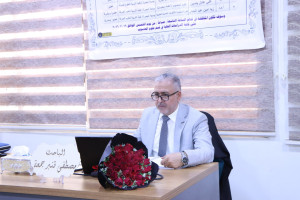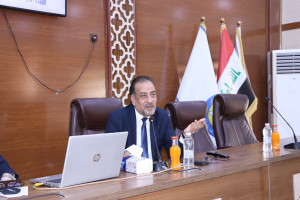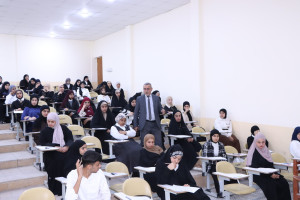
The College of Education for Pure Sciences, Department of Computer Science at the University of Basrah discussed a master’s thesis on wireless multimedia sensor networks, distributed dynamic cooperation protocol, and packet reliability.
The message submitted by the researcher ( Hanadi Odeh Al-Jabri) included:
. These networks use wireless multimedia audio and video sensor nodes to play an important role in tracking and monitoring applications. However, there are a number of difficulties involved in the efficient distribution and management of real-time multimedia data in WMSNs, including issues related to energy usage, data aggregation and QoS maintenance.
This work addresses the requirements for reliable packet transmission in WMSNs by introducing a pioneering routing method known as Dynamic Distributed Cooperation Protocol (DDCP). The main goal of DDCP is to increase packet reliability by prioritizing reliable packet delivery, enhancing delivery rates, minimizing end-to-end delay, and maximizing power usage. The proposed method is compared with established routing protocols such as (AODV) and Dynamic Source Routing (DSR), as well as proactive routing techniques such as Enhanced Link State Routing (OLSR), to determine how well it performs. In addition, the proposed algorithm is compared with several existing routing protocol algorithms such as OLSR, AODV, DSR, AGEM, TPGF, GPSR, SGFTEM, CEER, EELRP, EEDORVA, MBAM, BRCPD, DTSOR, PEAL, ULCA, IFUC, DRP, and PBMRA. And DSDV, TEEN, TIGMR, LQEAR, EDACR, DACR and TCR in terms of packet loss ratio, network lifetime, network load, routing load, error ratio analysis, residual energy, jitter, throughput, transmission loss, standard deviation, quality of service, transmission delay, reception rate, and live nodes
DDCP achieves its goals by dynamically adjusting the transmission range and selecting optimal paths through cooperative interactions with neighboring nodes. Extensive simulations and experiments are performed on a multimedia wireless sensor node to evaluate the performance of the DDCP protocol. The results show that DDCP outperforms existing routing algorithms in terms of all performance metrics including packet delivery rate, end-to-end delay, energy efficiency, packet loss ratio, network lifetime, network load, routing load, error ratio analysis, The remaining power, jitter, throughput, transmission loss, standard deviation, QoS, transmission delay, receive rate, and live nodes.
This comprehensive evaluation of DDCP against a variety of routing protocols provides insight into the effectiveness and efficiency of the method in enhancing packet reliability within WMSNs. The usability and scalability of the proposed DDCP protocol for large-scale wireless multimedia sensor networks is also demonstrated. This method has the potential to significantly improve the performance of WMSNs and can be successfully applied in a variety of important applications that need robust and reliable data transmission. Keywords: multimedia wireless sensor networks, distributed dynamic cooperation protocol, packet reliability.
Keywords: multimedia wireless sensor networks, distributed dynamic cooperation protocol, packet reliability
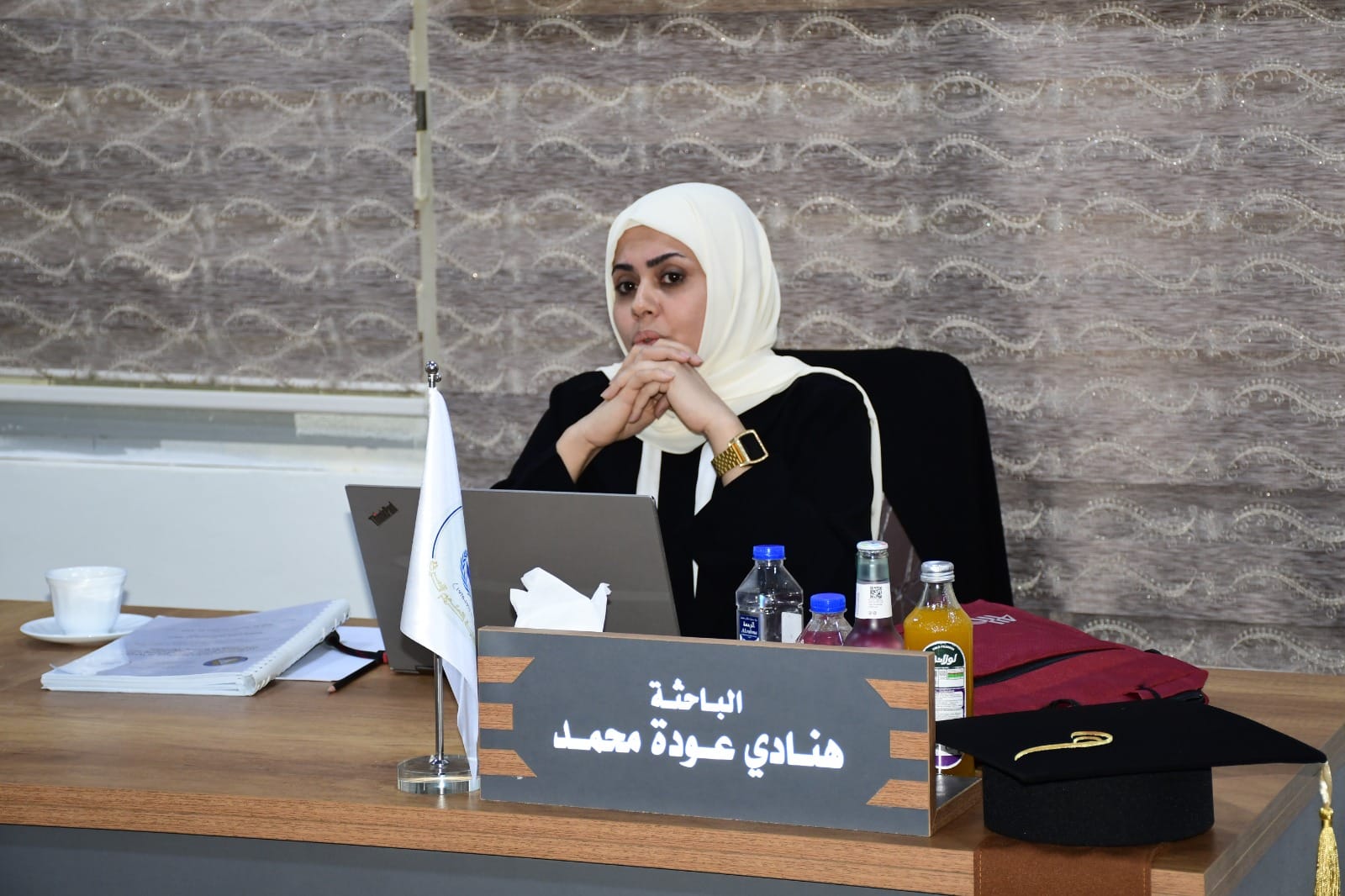
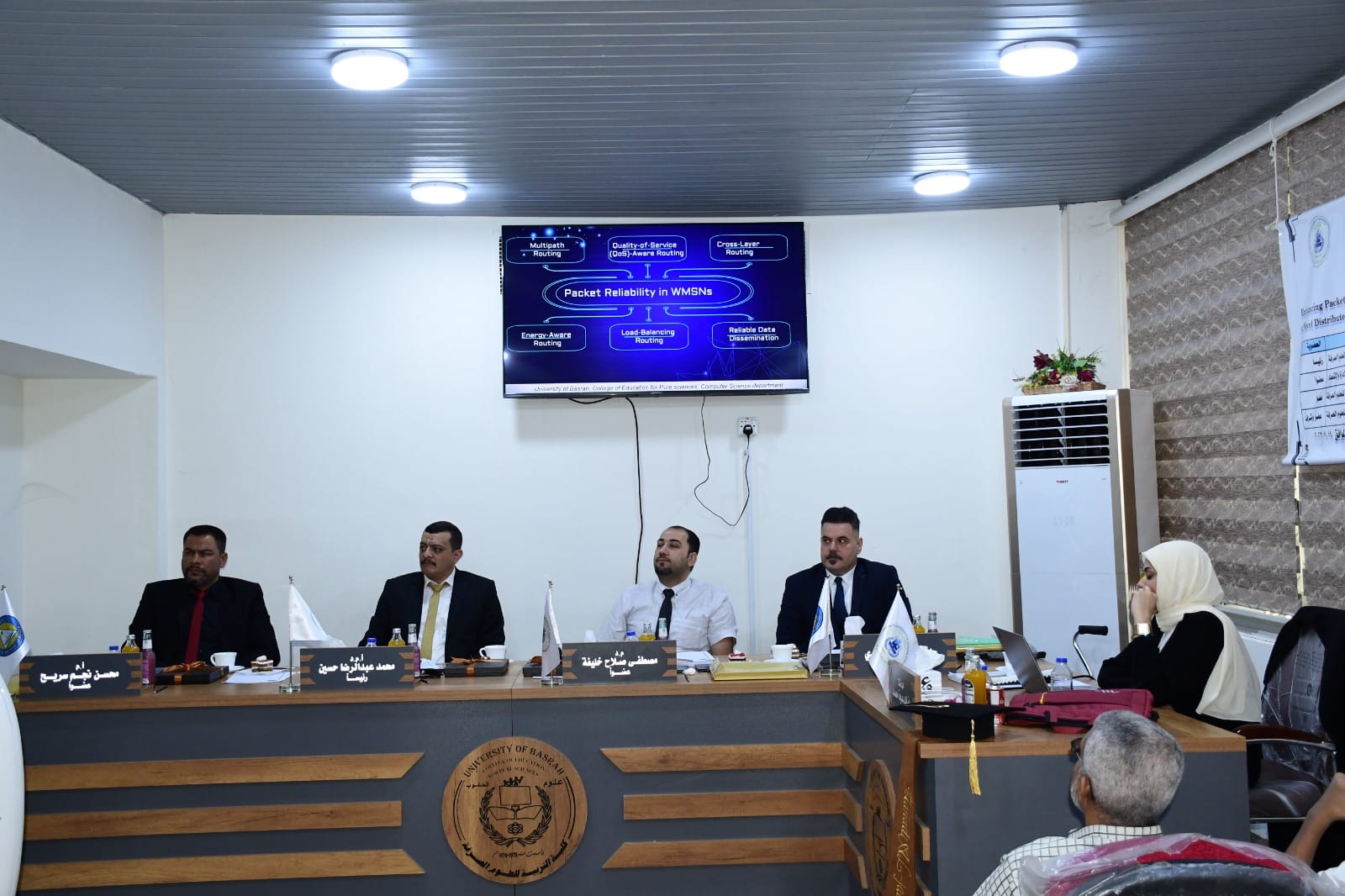
..

